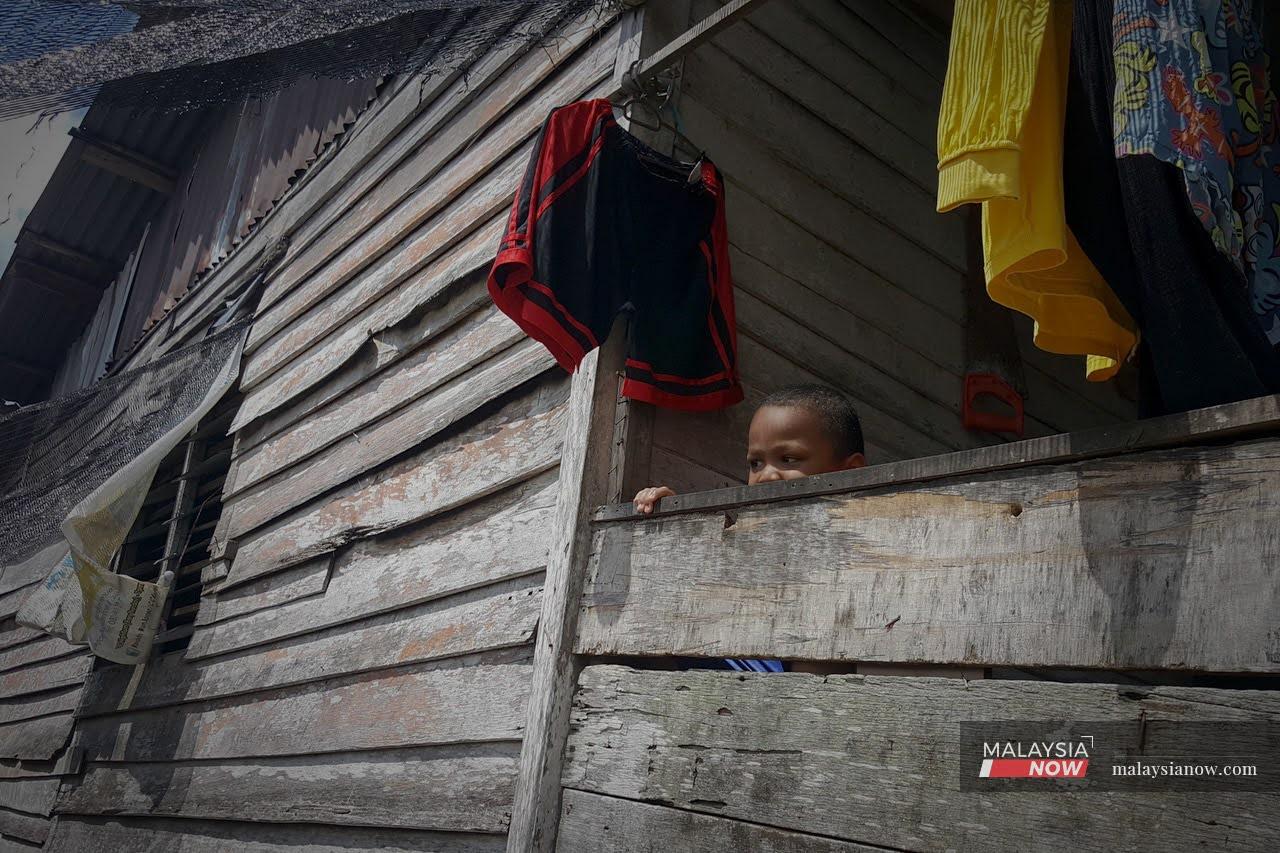Step up efforts to help stateless children, Sarawak minister tells Putrajaya
Fatimah Abdullah says immediate legal remedies are needed.
Just In
A Sarawak minister has urged the federal government to come up with immediate legal remedies to tackle the problem of statelessness among children.
Fatimah Abdullah, who is the women, early childhood and community wellbeing development minister, said this was important to ensure that stateless and undocumented children are able to attend school.
“In Sarawak, children without citizenship can still register at government schools, but they pay a fee,” she told MalaysiaNow.
“For primary school, the fee is RM120 per year, and for secondary school it is RM240 per year.”
Through this method, 1,225 stateless children have registered and been accepted into government schools.
As of the end of March, the state education department had approved 77 applications for government primary schools and 119 for secondary schools.
Fatimah said undocumented children with one Malaysian parent require a letter of endorsement from either the MP or state assemblyman, the district officer, village head or longhouse head.
She added that the state education department is helping stateless children register for school in collaboration with the Sarawak National Registration Department and other government agencies.
Fatimah also suggested a programme to educate villagers about the importance of registering their marriages, through engagement with community leaders.
Likewise, she said efforts were needed to encourage parents to register the birth of their children.
In Sarawak, she said, many cases of statelessness are due to unregistered marriages between Malaysians and foreigners, especially in communities in villages near the border.
“This leads to their children becoming stateless,” she said. “The procedure to register them for citizenship then becomes complicated as they require various documents to prove the status of the child.”
Fatimah said her ministry was committed to helping these children apply for citizenship.
“We hope that children who have problems with citizenship can still apply to go to school,” she added.
Sarawak plans to issue stateless children temporary documents to allow them to access public education and medical services at the same fee rate as citizens.
Fatimah had previously said that education and health were fundamental human rights and that the state government was ready to assist stateless children.
Subscribe to our newsletter
To be updated with all the latest news and analyses daily.
